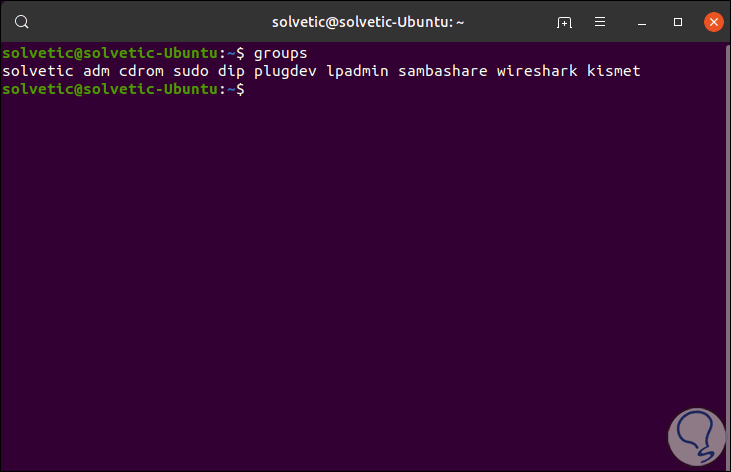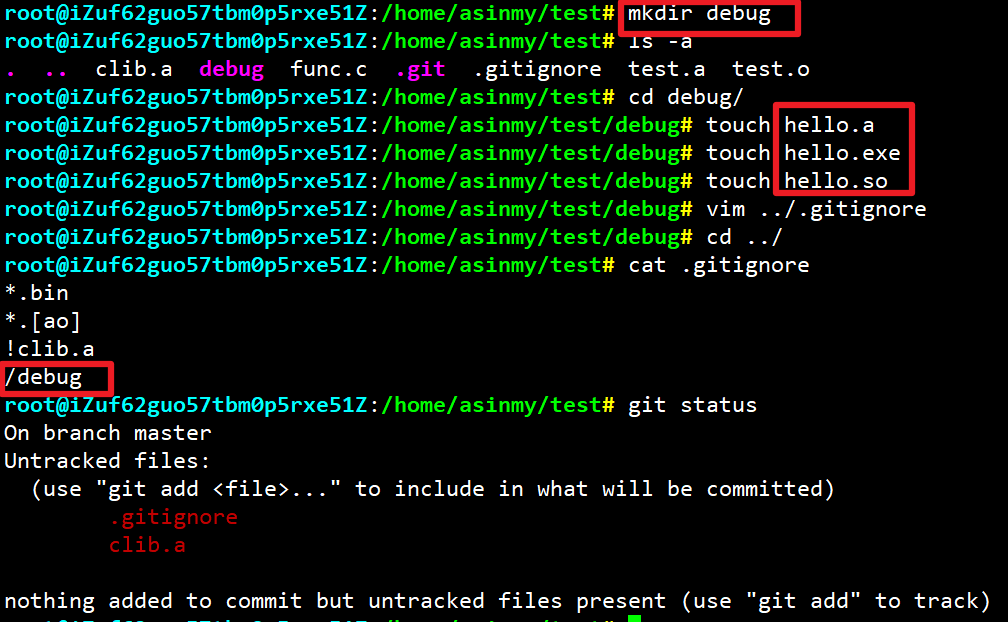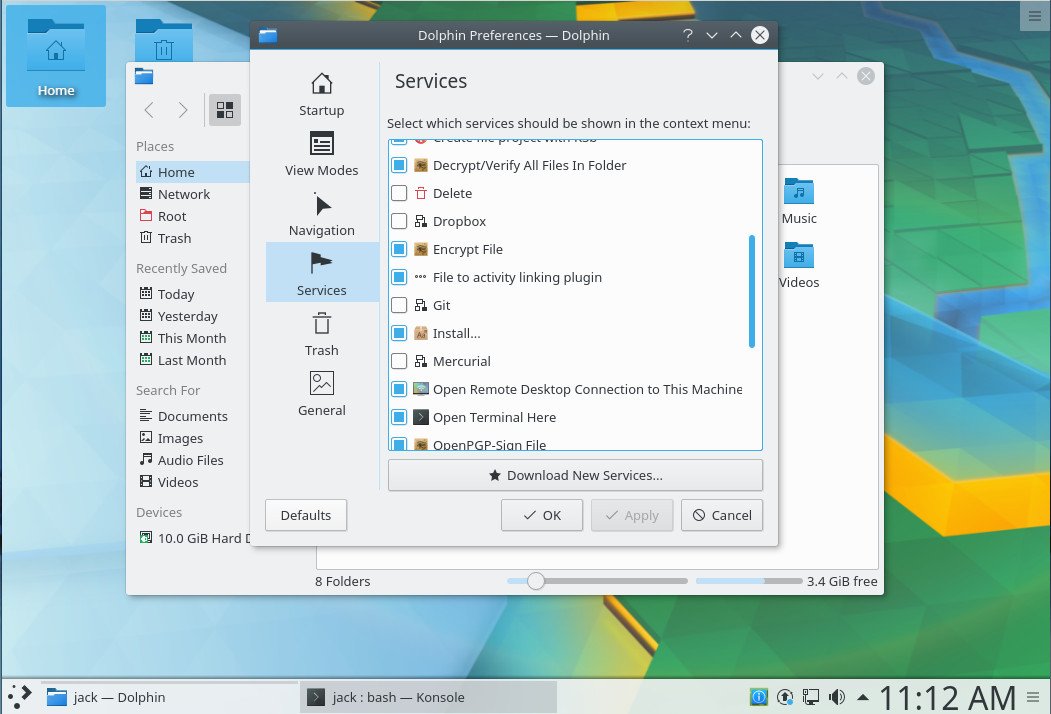
Gid linux install#
Gid linux manual#
This is confirmed by the Debian Policy Manual it just doesn't have the virtue of being strictly true at the current time. UIDs 100-499 (and on all modern systems 100-999) are supposed to be allocated dynamically. LSB says that UIDs and GIDs 0-99 are statically allocated by the system. (And another group like bin with no apparent purpose in modern times). In this case it would be somewhat academic what number is assigned - it would just be another system group which varies between different distributions. My users are not necessarily a member of a shared group like this on either Fedora or Debian. I would call that the preferred approach for modern multi-user systems (I think older systems defaulted to a shared group like users as the primary group of the user instead). The way useradd works, it would allocate each user a group, and the numeric identifiers for user and group id will conveniently end up the same. On a completely new setup, you might prefer to avoid using 1000.

Restart all processes that must use the new GID.LSB specifies some group names, but users is not one of them.
Gid linux update#
If you have any configuration file or script that references the old GID, update it.If you have any archive that uses the old GID, rebuild it.find / -gid OLDGID ! -type l -exec chgrp NEWGID \ Ĭhgrp clears suid and sgid flags, restore those.


On other systems, use that system's administration tool, or vigr if available, or edit /etc/group as applicable.Ĭhange the group of all the files on your system that belong to the old group. On Linux, run groupmod -g NEWGID GROUPNAME.

As far as the system is concerned, a different GID is a different group. The GID is the primary identifier of the group.


 0 kommentar(er)
0 kommentar(er)
